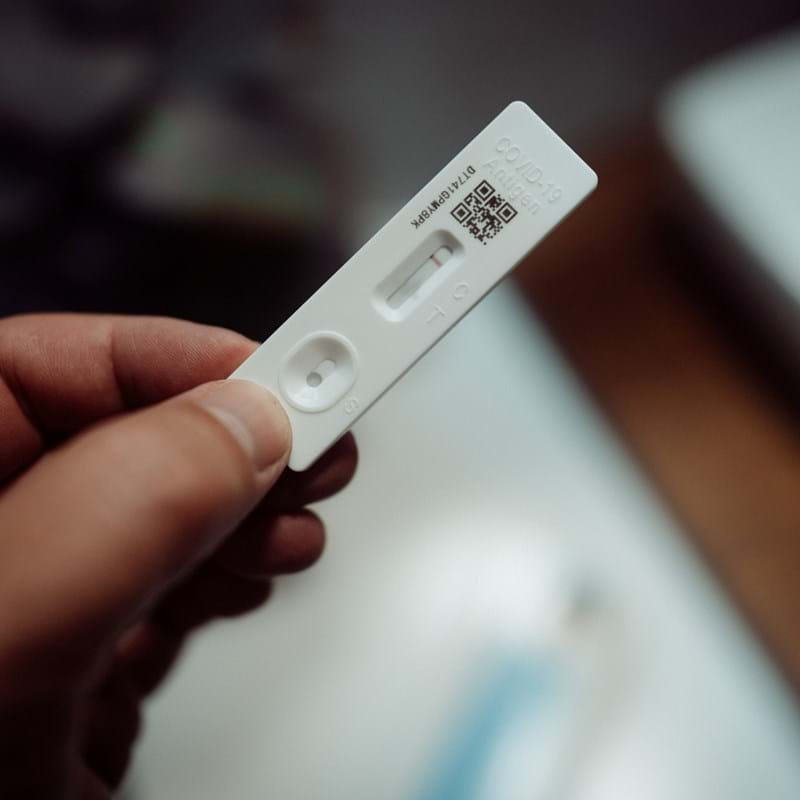Sep 14 2022
On 5 July 2022, to alleviate growing pressure on general practitioners, the Ministry of Health told employers that they can use text messages from the Ministry as evidence employees either have COVID-19.
This came after it was reported that the College of General Practitioners warned that requests for medical certificates were adding pressure on general practices that were already at full capacity. [1] In light of this, the College pleaded with employers to require a medical certificate after seven days of illness rather than the standard three days.
While the Ministry’s new initiative goes some way in assisting general practitioners at a particularly busy time of the year, there are concerns that this scheme could be easily abused. According to the Ministry, an employee needs to tell the Ministry that they have COVID-19, and the Ministry will send a text message. While this initiative is well-meaning, it is based on a high-trust model, which can be easily exploited by employees.
In an ideal world, an employment relationship will be a relationship of trust and confidence. In many cases, employers will have no issue accepting at face value an employee’s claims about being sick with COVID-19. However, in some cases, employers may have concerns about the genuineness of the sickness being claimed, especially where there is a history of high sick leave or some other unusual circumstances causing suspicion.

Under the Holidays Act 2003, employers are entitled to request proof of illness or injury to assess an employee’s request for sick leave:
- if an employee has been absent for three consecutive calendar days, an employer can request proof at the employee’s expense;
- and an employer can request proof in less than three consecutive days, provided they pay for it and advise the employee as early as possible of the required proof.
Usually, the most common form of proof is a certificate from a health practitioner.
A health practitioner does not have to be a medical doctor. In 2018, the definition was amended from ‘medical practitioner’ to ‘health practitioner’.[1] The Act also confirms that it does not give employers the right to dictate who the proof is obtained from.
Sheppard-Johnson v Zeroes Coffee Ltd[2] involved an employer who doubted and rejected the genuineness of a medical certificate. On this point, the Authority determined that the Holidays Act 2003 created a statutory presumption that a medical certificate is sufficient proof of sickness or injury. The presumption could only be rebutted with further evidence from the doctor issuing the certificate or from a second expert opinion. “Merely choosing to reject a medical certificate without more is not enough, though.”[3]
This means that once the certificate has been provided certifying an employee as unfit to work, an employer cannot simply reject it if they are suspicious unless they have a good basis for this view.
This statutory presumption of proof does not include the Ministry of Health’s text messages.
So, what does the Ministry of Health’s plea to employers mean in this context?
The Ministry of Health has essentially asked employers to accept their text messages rather than overwhelming the primary care system by requiring employees with COVID-19 to obtain a medical certificate from their GP.
The Holidays Act 2003 provides that “proof” may include a certificate from a health practitioner, but this is not an exhaustive definition, which means it is not the only way an employee can satisfy the requirements under the Act, where proof is requested. However, the text messages are based entirely on self-reporting of a positive test, in circumstances where no health practitioner reviews the individual or the test result.
As such, if an employer doubted the genuineness of the text message presented by an employee, it could still request a certificate as proof. However, the practical reality is that the employee may struggle to obtain an appointment with a doctor to confirm their COVID-19 diagnosis during their seven-day absence. Therefore the best an employee may get is confirmation from their doctor that a positive test has been reported, which does not really provide the employer with any more information than the text message.
Of course, where there is good evidence of dishonesty by the employee, the employer will be justified in inquiring further and seeking an explanation from the employee about any apparent inconsistencies.